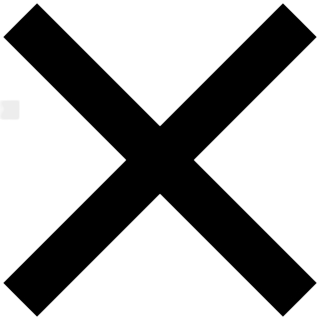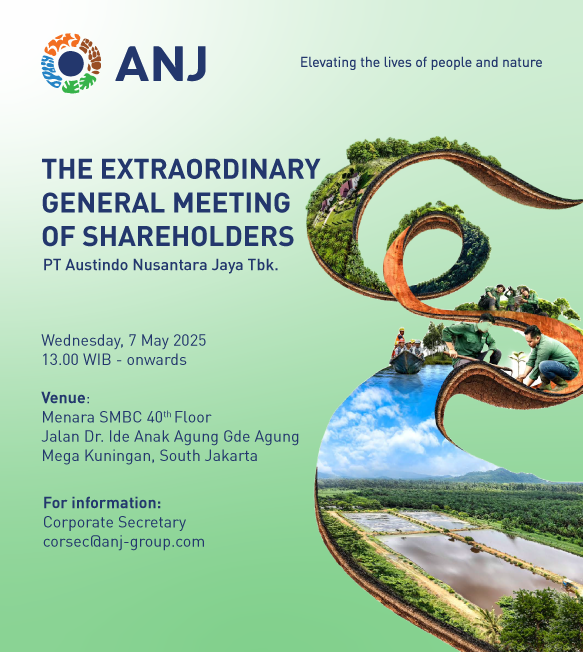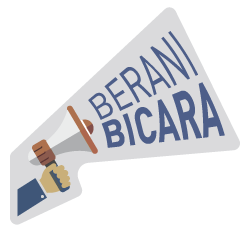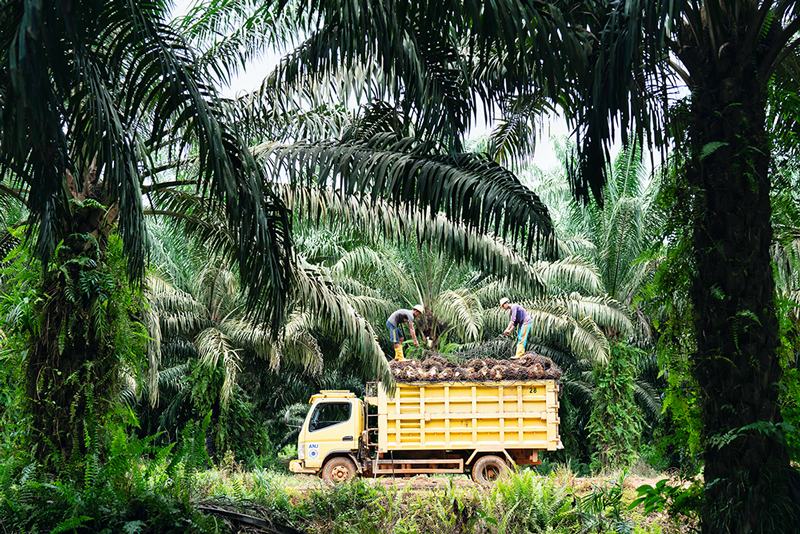



Our sustainability as a palm oil company extends to all our suppliers. Most notably, our oil palm supply chain incorporates several external parties, mostly independent smallholder farmers and cooperatives, from whom we purchase additional palm fruit for processing at all our mills (except for our West Papua operations). We recognize that these suppliers have social and environmental impacts and, hence, their performance in managing those impacts directly affects our overall performance in developing sustainable palm oil.
In line with our commitment to responsible development and sustainability and recognizing the social and environmental impacts of our fresh fruit bunch suppliers, we believe it is necessary to balance local economic growth with environmental protection and social welfare. We practice screening and due diligence of all our suppliers before beginning our contract, which will then be reviewed or assessed periodically. All our vendors and suppliers must meet our environmental, health, safety, and quality standards as well as our Sustainability Policy. Vendors are also required to sign an Integrity Pact & Supplier Code of Conduct, included in the contract, stating that they will follow our standards on business ethics. Failure to comply with the Integrity Pact & Supplier Code of Conduct will result into contract termination.
We have 45 fresh fruit bunch (FFB) suppliers, including scheme and independent smallholder farmers. As of December 2023, 27% of our total FFB suppliers, 12 of our 45 suppliers, have been RSPO certified. This strengthens our supply chain in implementing sustainable palm oil plantations through best agronomic practices. These practices are expected to increase productivity and maintain the sustainability of their plantations in the future.
We support independent smallholder farmers in practicing sustainable agriculture and companies implementing environmental, social, and governance (ESG) principles in our business units. One of our programs is located at our oil palm plantation in West Kalimantan (PT Kayung Agro Lestari/ KAL), which has an MOU with USAID SEGAR (Sustainable Environmental Governance Across Regions) established in January 2023. Through independent smallholder certification activities, we aim to meet sustainability standards. One of the first steps taken by the program was to build cooperation with independent farmers and support the strengthening of their capacity and the capacity of their institutions.
ANJ's SUPPLIER CODE OF CONDUCT